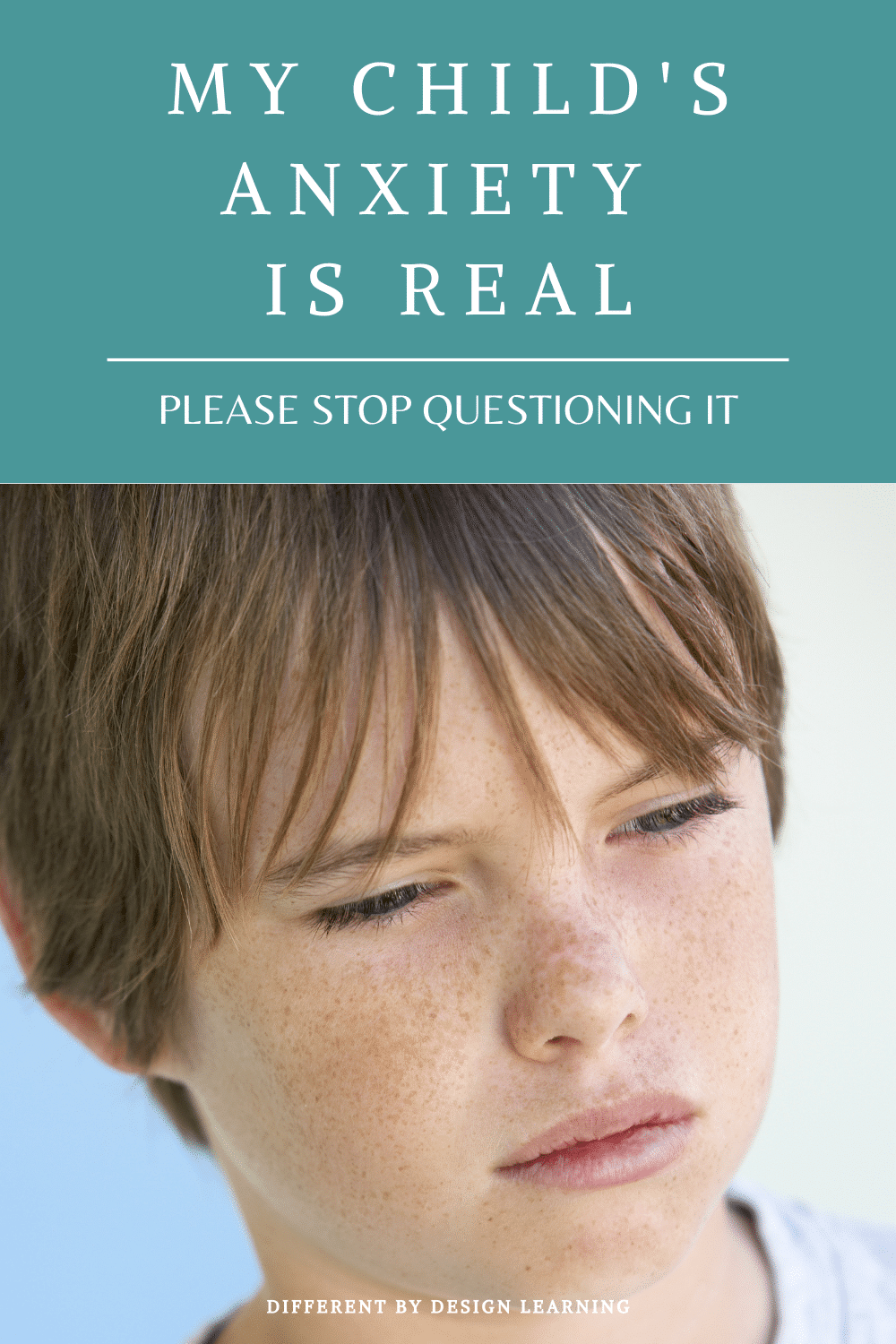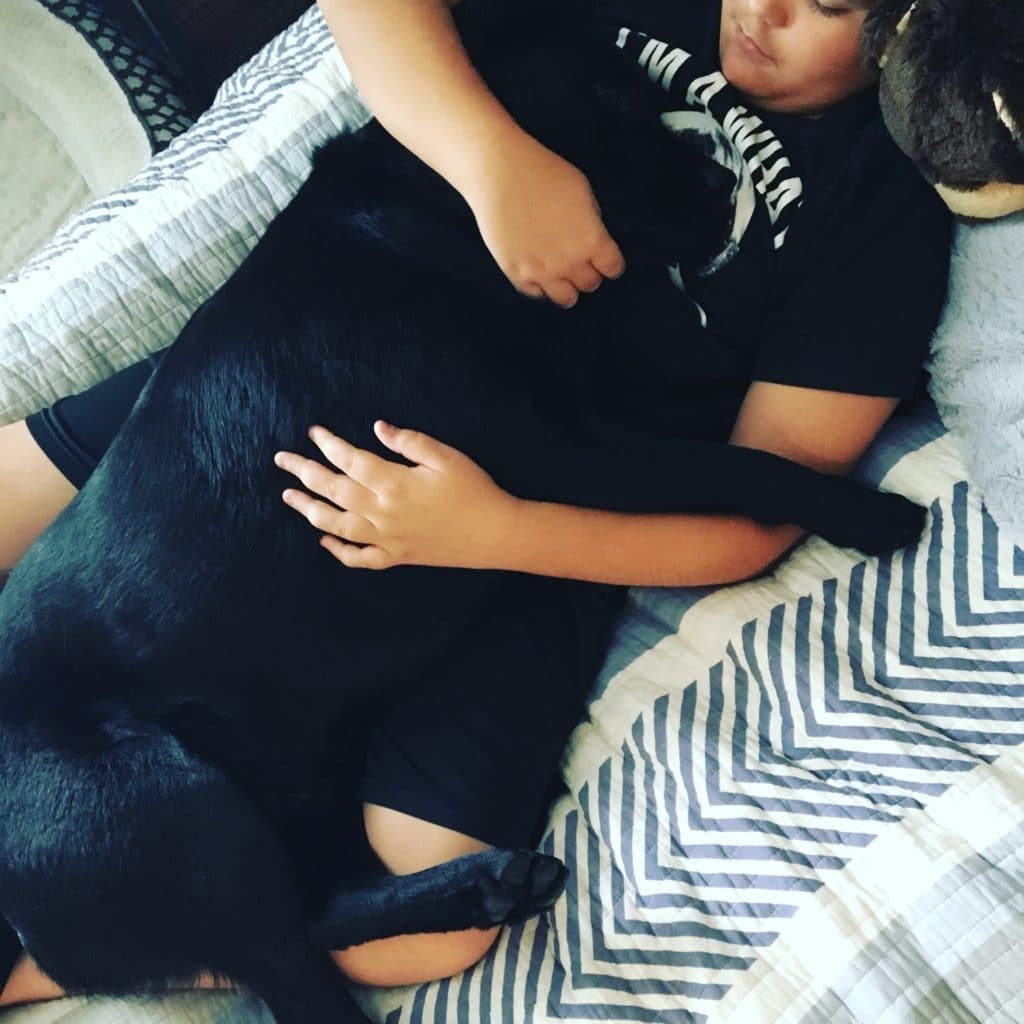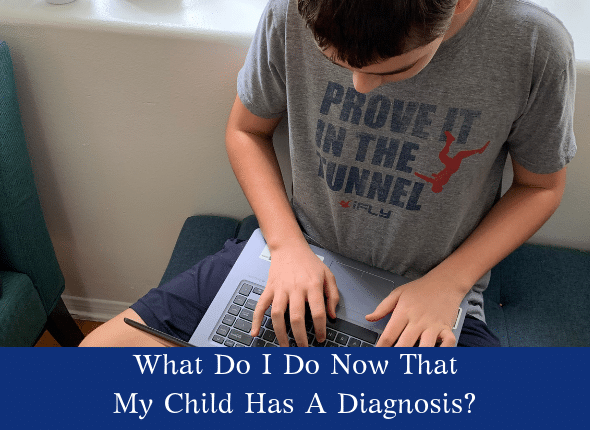My Child’s Anxiety Is Real. Please Stop Questioning It.
It happened again to my son last month.
We were at an appointment with a pediatric specialist, following up on his severe gastrointestinal issues. When the specialist saw his anxiety disorder diagnosis, she was quick to blame the anxiety for his abdominal issues.
She’s not wrong. They are certainly connected, although we are struggling to find a way to help.
“Well, it could just be that he is anxious and that is what’s causing the constant diarrhea.”
(Ask me later about how much I hate the word “just” in that sentence.)
Having been here so many times before, I felt more confident in my response.
“We are at the point where no matter what it causing it, we need to find ways to help him. As you know, anxiety and gastrointestinal issues go hand in hand. We have been treating his anxiety now for two years now with some success. We are here to treat his abdominal pain with the same urgency. Can you help us with that?”
Turns out, she was able to help us. She prescribed a basic medication used to treat Irritable Bowel Syndrome and my son felt better within a week. A week – after a year of intense intestinal distress being dismissed because of his anxiety.
I wrote about childhood anxiety all last week. I have shared a lot about how anxiety affects my son’s ability to function. I have written about all the things we do to help manage meltdowns, introduce coping skills and balance educational needs with mental health.
It occurs to me that there is one important thing I still need to say, and maybe you still need to hear.
Childhood anxiety is real.
It is complex and a significant diagnosis. It is not the result of poor parenting. It is not an instance where the child needs to just “toughen up.”
Your child may or may not have an actual diagnosis of generalized anxiety disorder, but the reality is, even if they do, their diagnosis is likely not being treated as if it is as “real” as other childhood issues.
It’s so sad. Take a look at the criteria that must be met for a diagnosis and the implications of childhood anxiety.
Diagnostic criteria (DSM-5) – Pediatric Generalized Anxiety Disorder
The specific DSM-5 criteria for generalized anxiety disorder are as follows :
- Excessive anxiety and worry (apprehensive expectation), occurring more days than not for at least 6 months, about a number of events or activities (such as work or school performance).
- The individual finds it difficult to control the worry.
- For children, the anxiety and worry are associated with one (or more) of the following six symptoms (with at least some symptoms having been present for more days than not for the past 6 months):
- Restlessness or feeling keyed up or on edge
- Being easily fatigued
- Difficulty concentrating or mind going blank
- Irritability
- Muscle tension
- Sleep disturbance (difficulty falling or staying asleep, or restlessness, unsatisfying sleep)
- The anxiety, worry, or physical symptoms cause clinically significant distress or impairment in educational, social, occupational, or other important areas of functioning.
- The disturbance is not attributable to the physiological effects of a substance (e.g., a drug of abuse, a medication) or another medical condition (e.g., hyperthyroidism).
- The disturbance is not better explained by another mental disorder.
The Implications Of Childhood Anxiety
Anxiety is a serious problem in children and adolescents. We now understand that, in addition to deleteriously affecting the child’s social and academic functioning, anxiety can cause serious long-term consequences. Many children and teens with one of the anxiety disorders suffer intermittently for the rest of their lives. Other serious psychiatric conditions, such as major depressive disorder and substance misuse, are closely associated with pediatric anxiety if not treated in a timely and effective manner.
GAD also may co-occur with conditions associated with stress, such as irritable bowel syndrome and headaches. The long-term physiologic effects of stress are more likely to cause nonpsychiatric gastrointestinal, cardiovascular, or other medical issues later in life.
Medscape – October 27, 2017
Childhood anxiety is serious. It’s heartbreaking that our struggling children have to prove it, over and over again.
My Child’s Anxiety Is Real.
Below are my top posts about the realities of childhood anxiety, and all the help we have found over the past five years. Please know, help is available, here and in so many wonderful therapists offices and other parents’ living rooms.
You are not alone and your child is not the only one.
How Do I Help My Anxious Child
Anxiety And The Struggling Reader
How Anxiety Affects My Son’s Learning
When Your Child Is Too Anxious To Learn
Separation Anxiety and the Older Child
When You Question My Decision To Medicate My Child









I have been in the same position with my son for years. My blood boils when we are dismissed with a “just” and the same blah blah blah. I have literally said the same thing you did and that’ when things move forward. We were finally able to get a GI dx and now looking to find someone to get a PANS dx and move forward with that treatment. I wish you all the best on this journey.